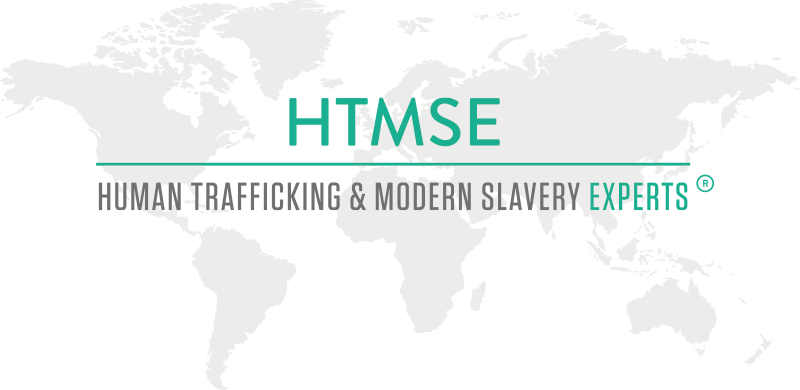
Yesterday, 30th July 2024 marks the 10th year of World Day Against Trafficking In Persons. We have seen progress and development in national modern slavery legislation around the world, yet there are still many issues regarding effective implementation, and international legal cooperation.
According to the ILO, there are 49.6 million people in modern slavery globally, including 12 million children. Traffickers target vulnerable individuals or groups that may be faced with psychological or emotional vulnerability, economic hardship or be forced to migrate due to political instability or natural disasters.
In 2024, the rise in digital technology is providing complexities in the response to human trafficking and modern slavery. Traffickers recruit individuals online by deceiving, grooming or controlling victims, leading to their exploitation either within one country or across national borders. A major challenge for experts and policy makers to combat human trafficking, is to refine and advance their use of digital technology.
HTMSE is a directory that links victims to professional support, and professionals to other professionals working in the modern slavery and human trafficking sector globally. It is a platform for stakeholders including researchers and academics, country and trafficking experts, specialist organisations, legal and medical experts to list their professional profiles and expertise in the sector. HTMSE reports on current news, as well as relevant resources and material on our eLearning platform. An expert witness training and service for expert reports and medicolegal reports is currently in development.
